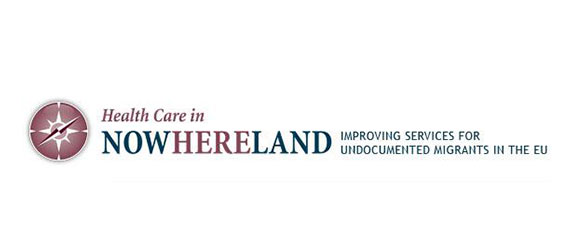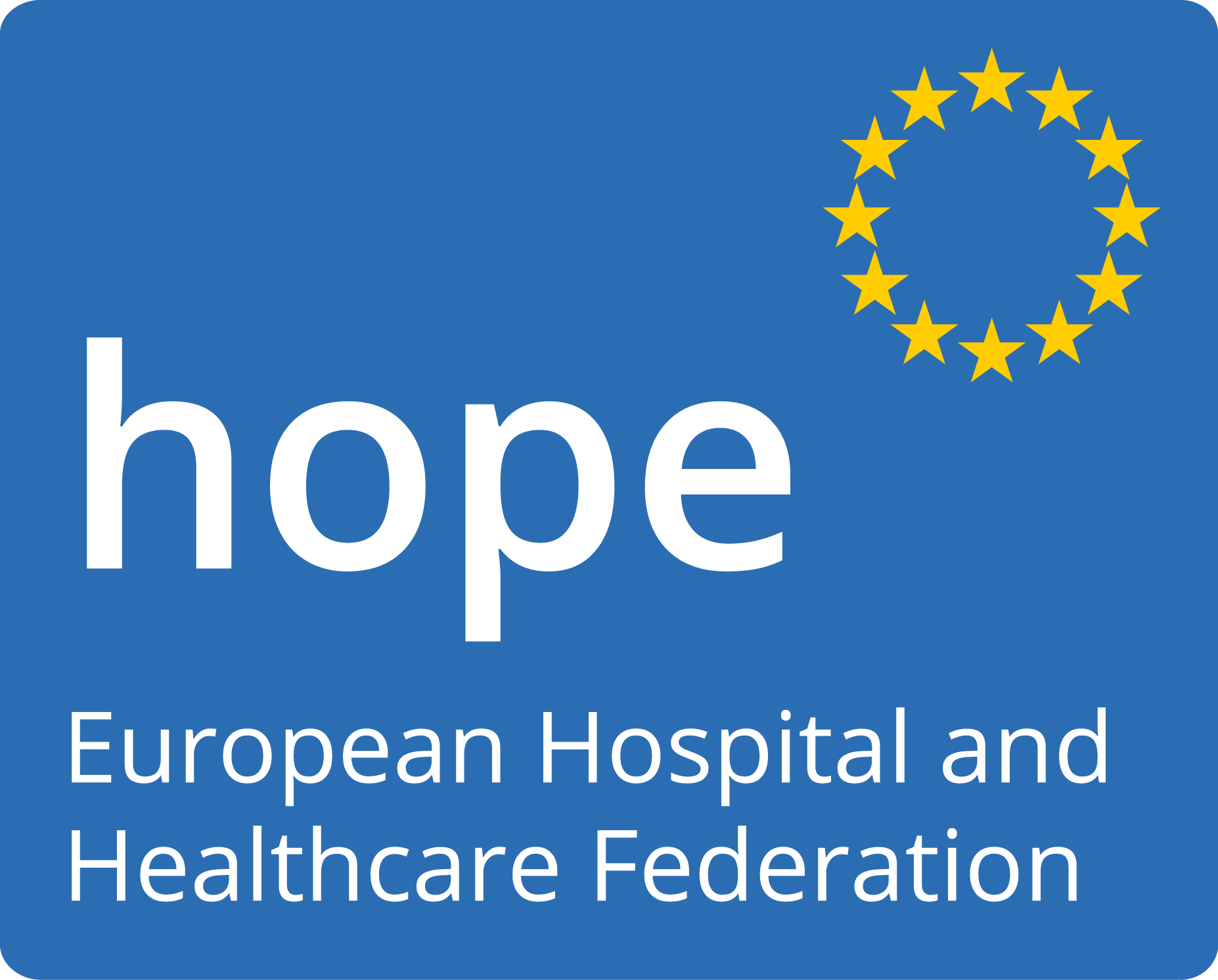
Improving Services for Undocumented Migrants in the EU
Undocumented migrants (UDM) are a group of increasing relevance for public health in the European Union. Service provision for UDM is precarious due to late contact, language barriers, no entitlement, and uncertain legal and financial frameworks. Health policy has to deal with contradictory notions from public health, human rights, security, and law enforcement policies. Problems lie on the individual level (human right to health) and on the public health level, as illness of UDM poses additional health threats to the whole society.
Thus, the main goal of the NOWHERELAND project was to improve the level of health protection for people across Europe, mainly by collecting, evaluating, and exchanging models of good practice. That was achieved through:
-
- Drawing a landscape of the legal and financial frameworks on the national level in the European Union under which health care services/providers act
- Gaining an overview of needs and strategies of undocumented migrants in getting access to healthcare services, compiling experiences from NGOs and other advocacy groups
- Collecting existing practices of health services in the EU on the regional and local levels in a database and identifying transferable models of good practice.
The Nowhereland project ran for three years; it launched in 2008 and ended in 2010.
